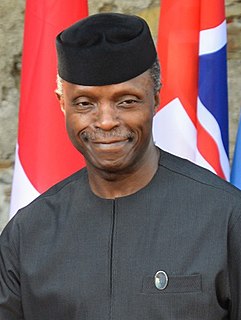A Quote by William Julius Wilson
A lot of joblessness in the black community doesn't seem to be reachable through fiscal and monetary policies. People have not been drawn into the labor market even during periods of economic recovery.
Related Quotes
A lot of joblessness in the black community doesn't seem to be reachable through fiscal and monetary policies. People have not been drawn into the labor market even during periods of economic recovery. Employers would rather not hire a lot of workers from the inner city. They feel people from the inner city are not job-ready, that the kids have been poorly educated, that they can't read, they can't write, they can't speak.
It is sometimes suggested that the [Nazi economic] recovery was a product of a specific fascist economic strategy, which distinguished it from the recovery efforts of other capitalist states. While few would disagree that the Nazi regime had a number of clear ideological preferences when it came to the economy, the policies pursued in 1933 had much in common with those adopted in other countries, and with the policies of the pre-Hitler governments.
All of the government's monetary, economic and political power, as well as its extensive propaganda machinery, will be enlisted in a constant battle to drive down the price of gold - but in the absence of any fundamental change in the nation's monetary, fiscal, and economic direction, simply regard any major retreat in the price of gold as an unexpected buying opportunity.
If they understand, which I believe they really are sensing, that the alternative the Republicans have been offering is to repeal what we've done, to go back to Bush policies - and if you asked the public what would you prefer, Bush economic policies or Obama economic policies, they take and prefer Obama economic policies.




































